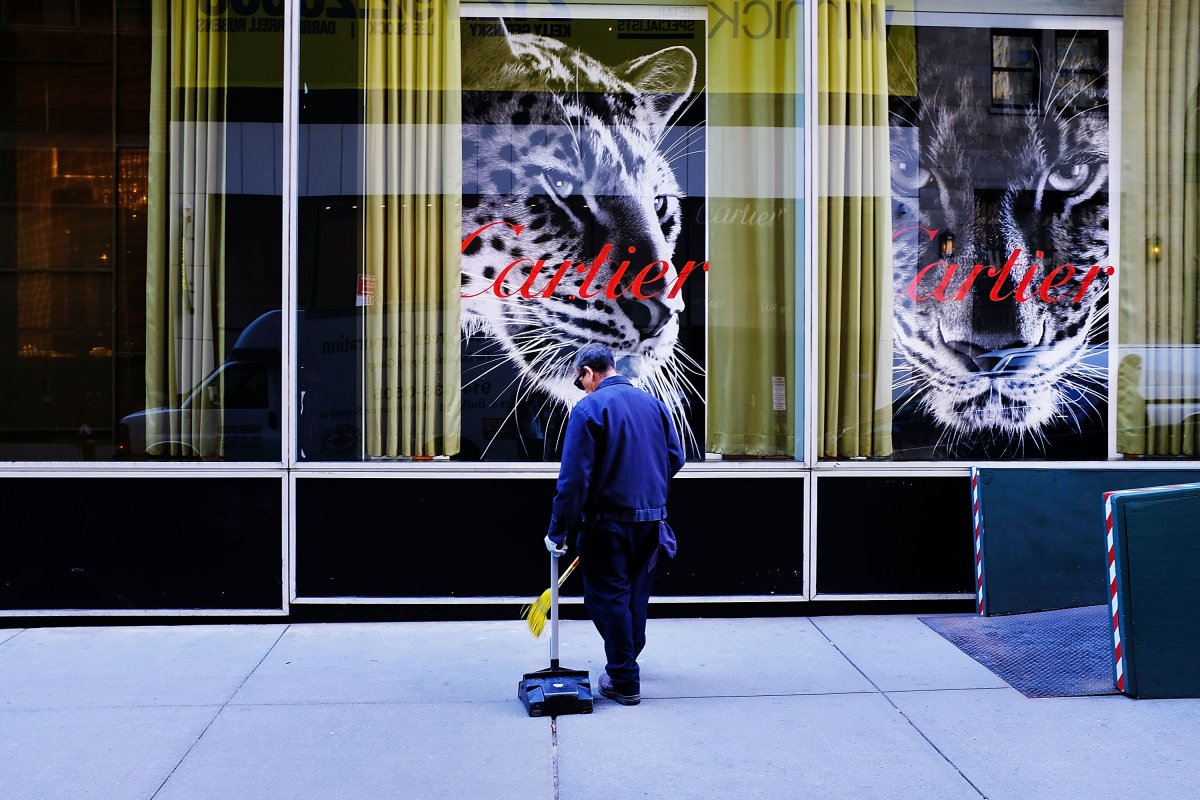Canada’s tax system may be skewed towards helping the rich avoid paying taxes, and according to Canada Revenue Agency employees themselves, it may not have the funding it needs to change.

According to a survey of over 2,170 members of the CRA’s Audit, Financial and Scientific Group (AFS), Canada’s tax system makes it easier for wealthy people and corporations to avoid paying taxes.
WATCH: B.C. man battles Canada Revenue Agency over old tax credit

Nine out of 10 CRA tax professionals who participated in the survey said that it’s much easier for rich Canadians and corporations to evade or avoid tax responsibilities as opposed to average Canadians.
“There are a number of loopholes and grey areas in the existing laws. It’s not illegal for companies or wealthy individuals to take advantage of those loopholes, but they need to be closed, because it results in not everybody paying their fair share,” explained Debi Daviau, president of the Professional Institute of the Publish Service of Canada (PIPSC), the group which administered the survey.
WATCH: Trudeau grilled over rules that allow tax evaders into Canada

The findings show that 81 per cent of those surveyed agree that tax loopholes and exemptions disproportionately benefit wealthy Canadians. Furthermore, three-quarters responded that multinational corporations shift profits to low-tax regions even when there is little-to-no economic activity taking place in that region.
Daviau clarifies that while it’s not illegal for companies to take advantage of loopholes, they need to be closed to ensure that everyday Canadians aren’t paying more in taxes to make up the deficit. She did not specify on exactly which “loopholes” the survey referred to.
“From our perspective, you can’t fault a company or even an individual for taking advantage of a loophole, but those loopholes absolutely need to be closed so that everybody is contributing what they ought to be contributing under those laws,” she said.
The survey highlighted cuts to CRA funding made in 2012 by Stephen Harper’s Conservative government, which Daviau said included several agencies tasked with investigating international tax evasion and aggressive tax avoidance.
At the time, the Conservatives were aiming to cut spending across several departments to eliminate the national deficit. Since then, the Liberal government has restored some of that funding. However, PIPSC states that there remains a budget shortfall in the CRA of approximately $500 million compared to 2012 funding targets.
“Back in 2012, we had specialized teams for going after criminal investigations, for going after international tax evasion, for dealing with complex cases of people simply not paying what they ought to… Those teams were broken down along with the cuts in 2012, with the Conservative government trying to do more with less,” she explained.
WATCH: Tax and debt tips from BDO Canada

As a result, technology advancements within the CRA have not kept pace with the complexity of tax avoidance systems, the report states, nor can it keep pace with agile tax lawyers, accountants and other specialists who keep on helping clients pay less. Furthermore, the algorithms used to replace human CRA employees in recent years have focused their efforts away from the worst offenders.
This past July, PIPSC issued a poll asking 1,000 Canadians whether they felt the tax system benefited the rich, and 79 per cent responded that they believed it does. Daviau emphasizes that this is not a coincidence, and that working Canadians may be paying for more than their fair share of public services as a result.
WATCH: Canada 2018 tax season: What’s new this year?

“That’s the money that funds all the critical programs that we need in Canada and that people rely on, from health to infrastructure to environment. Canadians can’t go without those programs, so one way or another they need to be funded,” she said.
“And when billions of dollars are being lost because of the capacity to go after these tax avoiders, or even tax evaders, that’s a problem for everybody. It means that everybody else is going to have to pay more in order to cover the deficit.”
Global News reached out to the CRA for comment on the survey. Spokesperson Etienne Biram responded saying that “unprecedented” investments have been made into the agency between 2016 and 2018 to “rebuild and strengthen the CRA after the budget reductions of 2012.”
“Those investments are allowing the CRA to deliver better data, approaches and results for Canadians. The compliance functions of the CRA are achieving unprecedented results, and have a track record of strong professional conduct,” said Biram.
He went on to say that over 6,300 auditors currently have several tools at their disposal to assist them with “challenging and important work.”
- Posters promoting ‘Steal From Loblaws Day’ are circulating. How did we get here?
- As Canada’s tax deadline nears, what happens if you don’t file your return?
- Video shows Ontario police sharing Trudeau’s location with protester, investigation launched
- Solar eclipse eye damage: More than 160 cases reported in Ontario, Quebec




Comments